The First 72 Hours After a Car Accident in South Florida: A Step‑By‑Step Legal and Medical Checklist
David Comras | Oct 20 2025 15:29
The First 72 Hours After a Car Accident in South Florida: A Step-By-Step Legal and Medical Checklist
When an accident happens, the moments that follow can feel overwhelming. Between medical care, insurance calls, and vehicle damage, it’s hard to know what matters most. The truth is that the first 72 hours after a crash often determine the strength of your case and the quality of your recovery. This guide breaks down the essential steps—legal, medical, and practical—to protect your health and your rights.
Step 1: Focus on Safety and Medical Care (Hour 0–6)
Your first priority is safety. Move your vehicle to a safe area if possible and check everyone for injuries. Call 911 and request medical assistance, even if injuries seem minor. Many serious conditions—like whiplash, concussions, and internal trauma—can take hours to show symptoms.
After emergency responders arrive, describe every symptom, no matter how small. Ask for a copy of the police report number and get contact details for witnesses. Take photos of the vehicles, roadway, license plates, and any visible injuries. These early records form the foundation of your claim.
Step 2: Handle Insurance Communications Carefully (Hour 6–24)
Once you’re safe, you’ll likely hear from insurance adjusters—sometimes within hours. It’s okay to confirm basic facts like the date, time, and location of the accident, but avoid discussing fault or giving a recorded statement before you’ve spoken to an attorney. Adjusters are trained to gather information that protects their company, not you.
If your car needs towing or storage, record all receipts and note the location of your vehicle. Keep a file for every expense. This helps ensure full reimbursement later.
Step 3: Schedule a Full Medical Evaluation (Hour 24–72)
Florida’s Personal Injury Protection (PIP) coverage requires that you see a doctor within 14 days of the crash to qualify for benefits. Don’t wait. Even if you were treated at the scene, schedule a follow-up visit with your primary doctor or an urgent care clinic. Ask for documentation of all tests, imaging, and prescribed treatment.
Monitor your symptoms closely during this window. Write down pain levels, sleep patterns, and daily challenges. Consistent notes can strengthen your case and help your medical providers track progress.
Step 4: Gather and Preserve Evidence
Strong claims are built on clear documentation. Collect copies of all medical records, bills, pay stubs, and communication with insurance companies. Keep digital backups of photos, police reports, and correspondence.
If another driver or a business may be at fault, preserve any physical evidence such as damaged clothing or vehicle parts. Time erodes details—acting quickly helps ensure nothing important disappears.
Step 5: Consult an Attorney Early
Reaching out to an attorney within the first few days can prevent costly mistakes. An experienced personal injury lawyer can guide you through communications, organize your documentation, and begin investigating liability before evidence is lost.
At this stage, you’ll discuss what happened, review your coverage, and outline next steps. Having counsel early means that every statement, form, and deadline is handled correctly from the start.
Step 6: Stay Consistent and Follow Medical Advice
Insurance companies pay close attention to treatment gaps and missed appointments. Follow your doctor’s plan carefully and attend every session. If you need to miss an appointment, document the reason. Consistency not only supports your recovery but also shows insurers that your injuries are real and serious.
Step 7: Review, Record, and Reflect
By the end of the first 72 hours, you should have:
-
A copy of the police report or report number.
-
Medical documentation of your evaluation and treatment plan.
-
A contact list for witnesses, tow services, and adjusters.
-
Photos and receipts related to the crash.
Organize these materials in one folder—digital or physical. It keeps your case clear, helps your attorney move quickly, and gives you peace of mind.
Final Thoughts
No one plans for an accident, but preparation in those first critical hours makes a world of difference. Focus on your health, protect your documentation, and get experienced guidance as soon as possible. The goal is simple: recover fully and make sure your story is heard.



